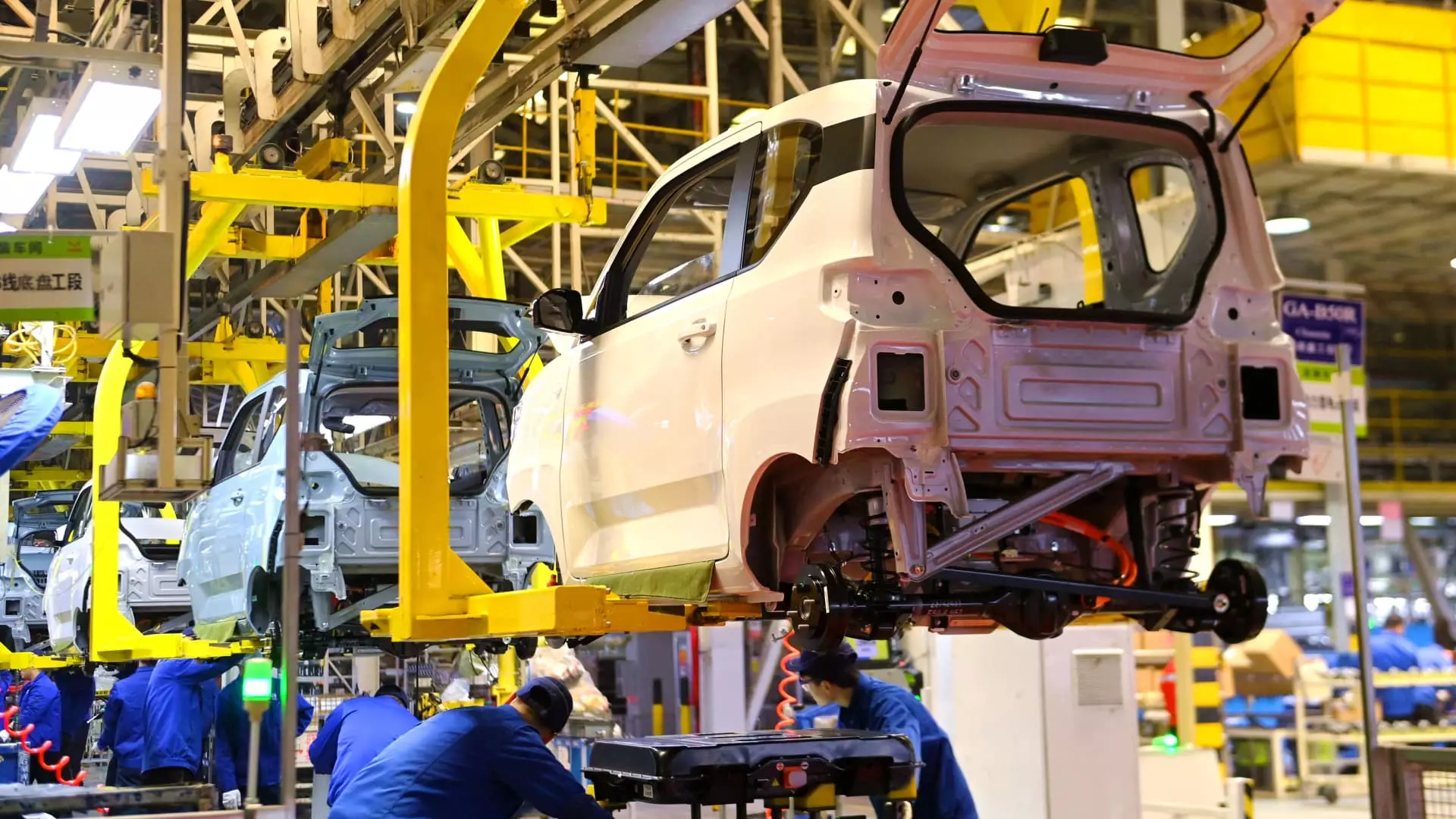China’s investment of $230.8 billion over more than a decade to develop its electric car industry is a staggering figure. This amount of government support represents a significant 18.8% of total electric car sales between 2009 and 2023. This demonstrates a clear commitment from Beijing to push the growth of the electric vehicle (EV) sector in the country.
Comparison to Western Markets
Despite the substantial support from the Chinese government, Scott Kennedy from the Center for Strategic and International Studies notes that Western automakers and governments have not been as aggressive in their approach to developing their own electric car industries. He highlights the lack of attractive conditions in Western markets compared to China, where non-monetary policies have favored domestic automakers over foreign ones.
Kennedy’s report from four years ago highlighted potential trade tensions arising from Chinese electric cars. He pointed out that policies such as government subsidies did not always directly contribute to car development. In fact, there were cases of companies cheating the government out of significant amounts of money in the early years of China’s EV development.
The growing penetration of electric cars in China has impacted foreign automakers, cutting into their once-lucrative fuel-powered market. Bank of America analysts have even suggested that major U.S. automakers should consider exiting China due to the fierce competition in the EV sector. This intensifying competition has led to price wars, with companies slashing prices or introducing lower-priced product lines to stay competitive.
Despite the extensive government support and market growth for Chinese EV companies, profits have not significantly increased. This has raised concerns about industry consolidation and the need for firms to carefully gauge their investments in new capacity. For example, BYD’s net profit per car has declined over the last 12 months, indicating the challenges faced by even established players in the Chinese electric car market.
In contrast to China’s massive investment, the U.S. has been increasing its efforts to support electric cars. The Inflation Reduction Act signed into law allocated $370 billion for promoting clean technologies, including a $7,500 credit for qualifying electric car purchases. However, the average Chinese support per electric car purchase in 2023 was $4,600, significantly higher than the U.S. figure.
As the competition in the electric car industry continues to intensify, it will be crucial for both Chinese and Western automakers to adapt to changing market dynamics. Chinese EV makers and battery producers have made significant progress and must be taken seriously, according to Kennedy. However, the industry still faces challenges in terms of profitability and market consolidation.
Overall, China’s massive investment in the electric car industry has reshaped the global market and forced Western automakers to reevaluate their strategies. The future of the electric car industry will depend on how companies navigate these challenges and capitalize on the opportunities presented by the shift towards cleaner technologies.

